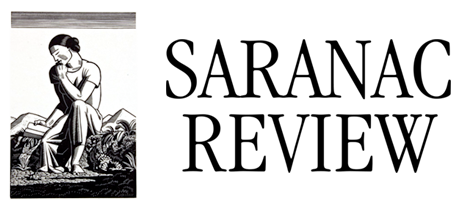
three poems
Manthipe Moila
Threads
to me the stranger
is still warm on the wall; their
smudged inky print, full of breath,
marking the subway map / i think of
them, full-fledged and made of bone, as they
trace their way across the expanse of the city - a
teacher, a writer, a student - flustered, wondering
am I going the right direction? / having found their
place having inked their way onto the underbelly of
Seoul did they feel more fixed to this capital unlike
all the other fingers that have ever touched the inside
of the car the glass panes the map most of them wiped
clean by now / or did they know the truth of the vast
city as it spread out before them mycelia of metal
and concrete the routes affixed thread after thread? /
did they know that they - made of bone and all -
in truth are merely the fruit bodies of the
animal that it spits out for a time:
temporary small rooted
to nothing
*best viewed on desktop
Questions I want to ask ChatGPT when I get home
I
At Deoksugung the leaves flutter toward the exit
as if to usher me out. Earlier in my walk
on these palace grounds, my path was carpeted
by them: brown and crisp. Now they tumble,
and make small leaps forward, hushing as they go.
Can something be both dead and alive?
II
Can something be both dead and alive?
Some days I feel like a leaf whose midrib is off-
center; like I was born pointing in the wrong
direction, my inner compass broken. If I were
a leaf, what kind of creature would carry me?
How far? For how long?
III
How far, for how long must home be a hungry thing:
it’s xylem and phloem demanding that the earth pay up,
its lateral veins branching out and out and out, its margins
serrated? What I mean is yes - I am a bad daughter, a mangled
leaf. But is it so bad to wish that home were cordate, a thing
that I could flutter toward without being swallowed whole?
*Mo behe fatse, o boima
There is a poem somewhere in here.
There is a father in that poem who,
the smaller he gets, the heavier he gets,
so that by the time he disappears he is
the heaviest. That poem ends with
a thud.
*In Sesotho: put him down, he is heavy
Manthipe Moila is a poet from Johannesburg, South Africa. She holds a BA Hons. in English Literature from Rhodes University. She has been published in New Contrast, Stirring, Kalahari Review, Tupelo Quarterly, Agbowó, and Hole in the Head Review. Her upcoming publications will appear in Thimble, Hotazel Review and Watershed Review. She is currently based in Seoul, South Korea.

